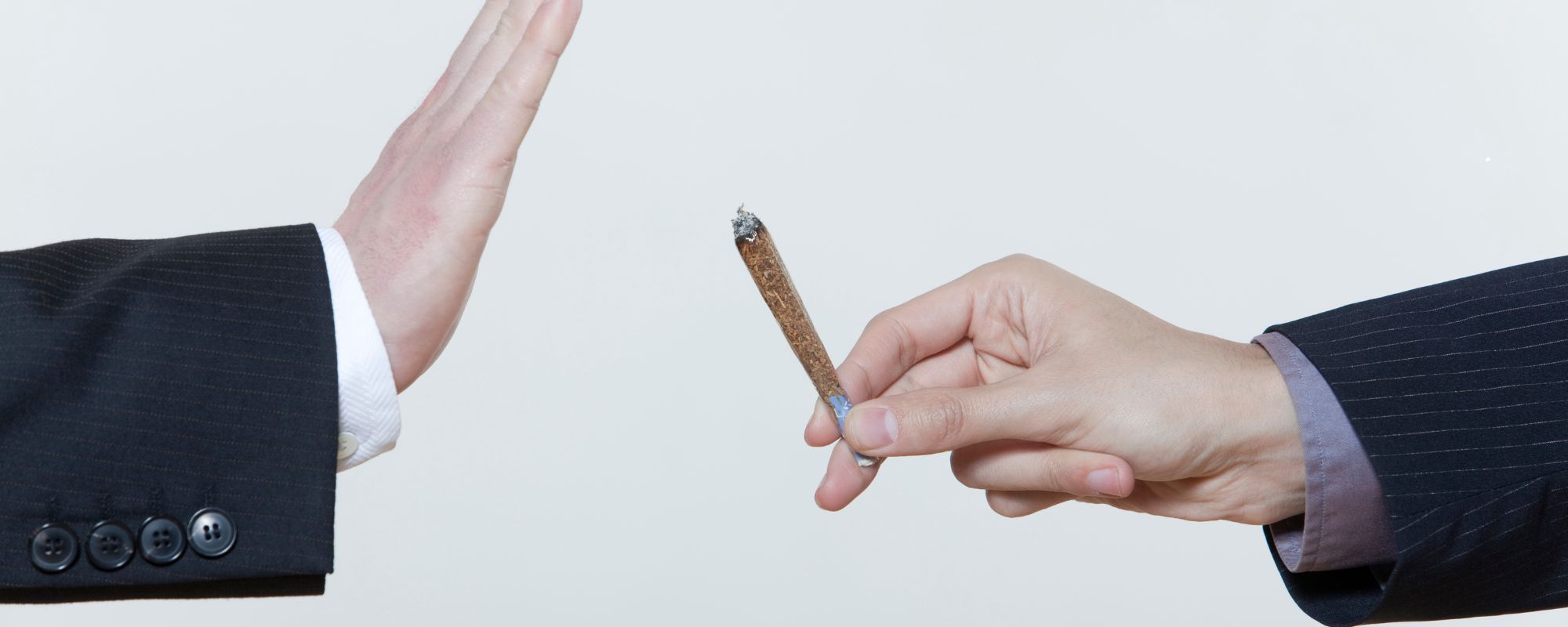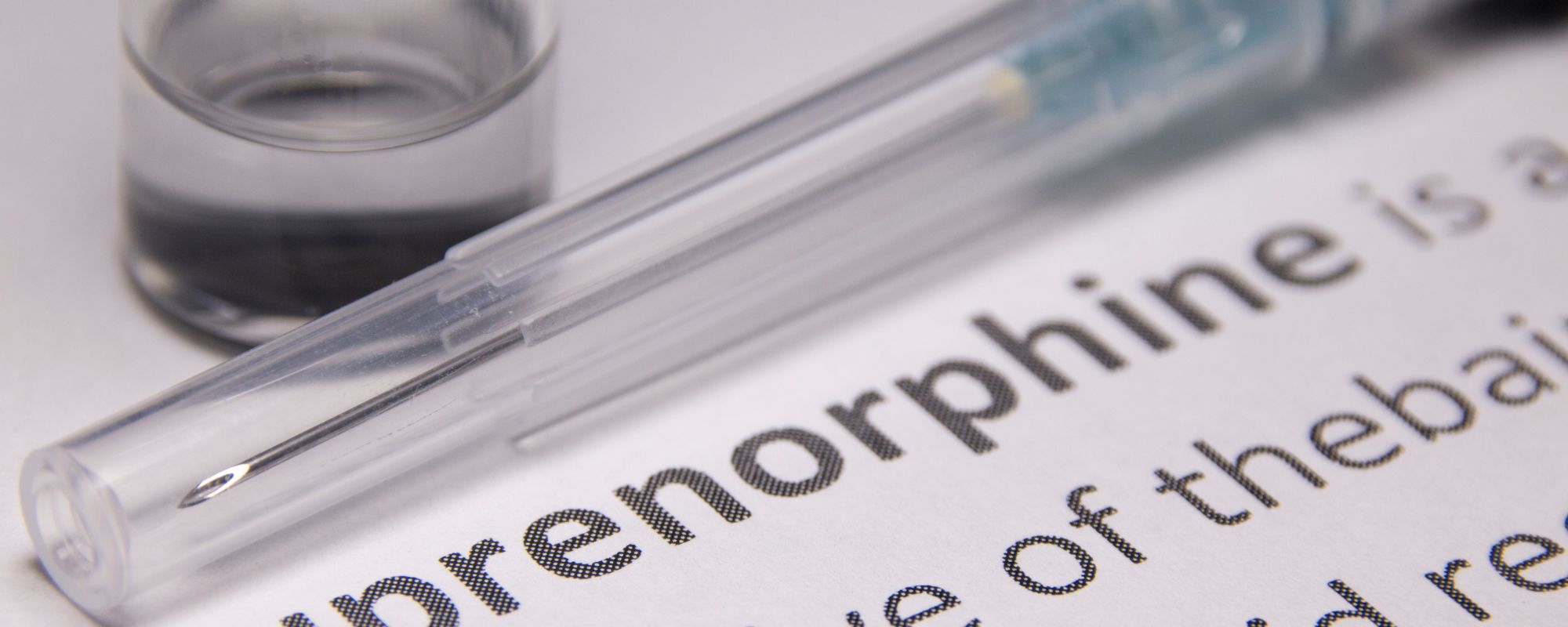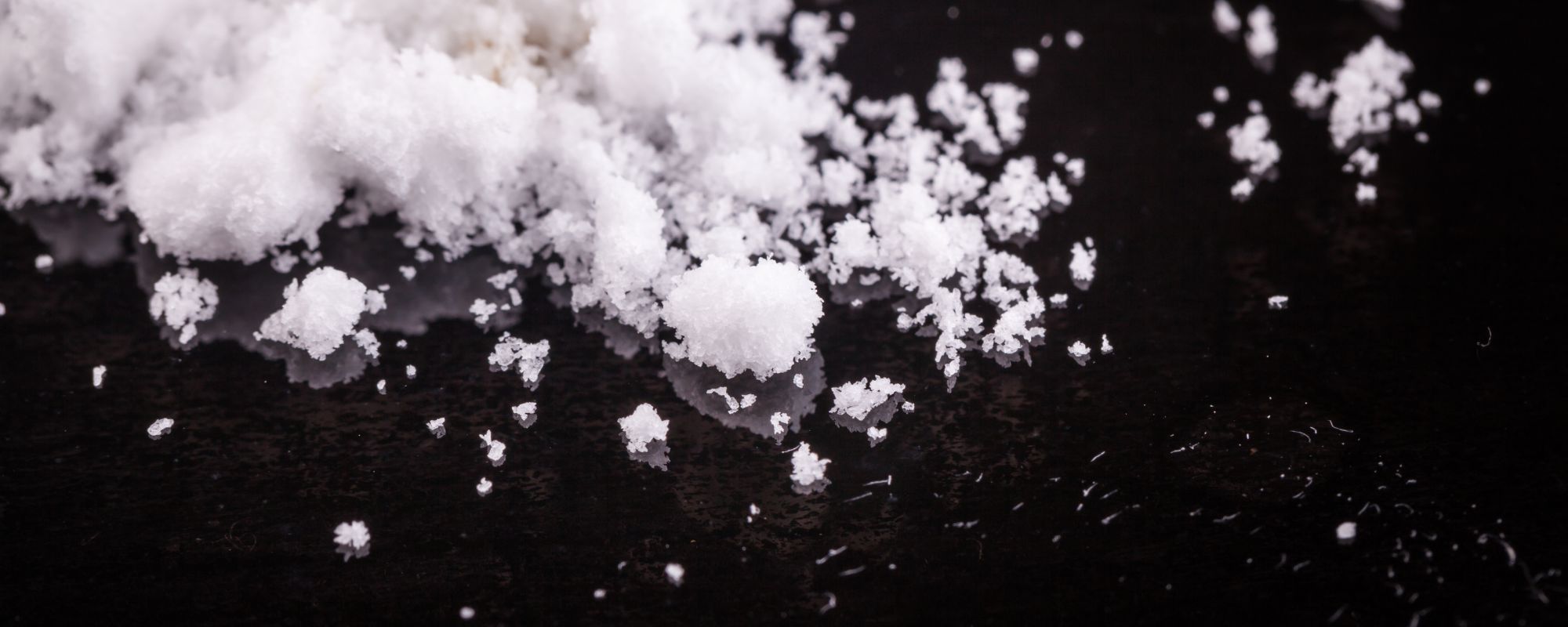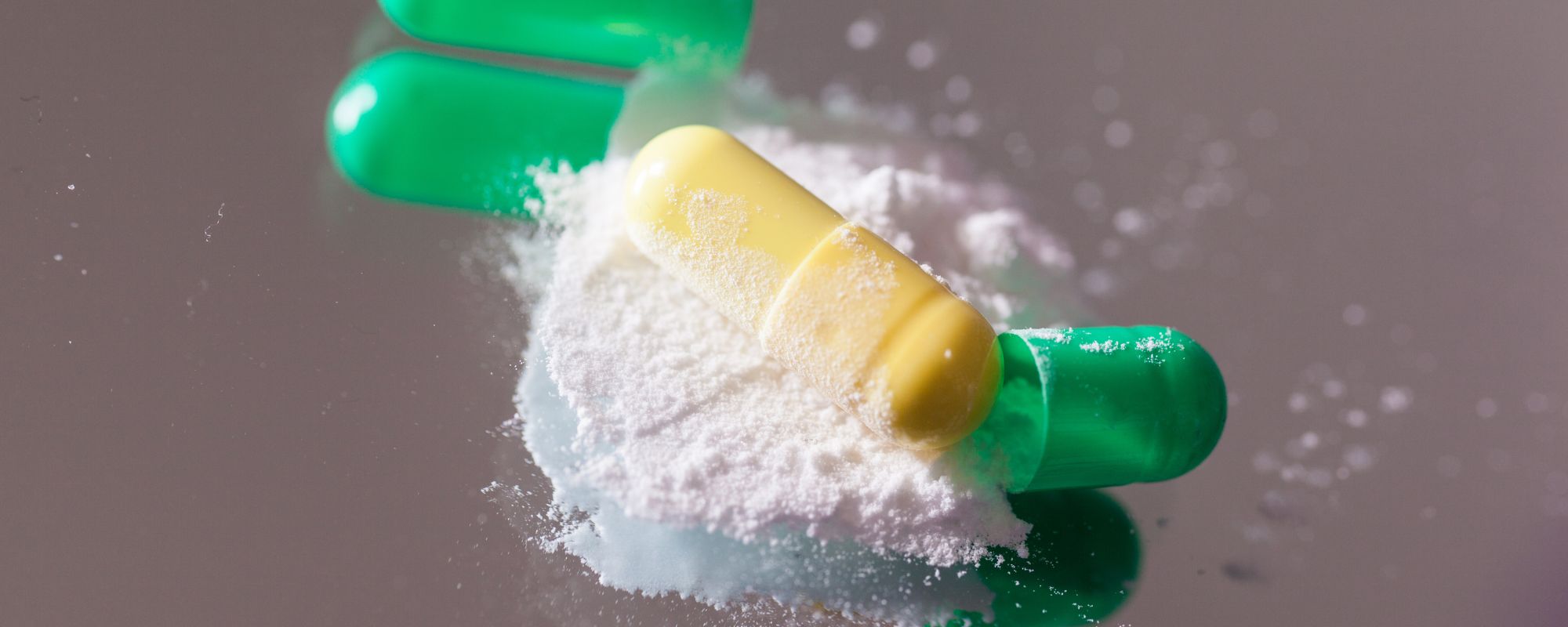Marijuana is an addictive drug that is controlled by the Drug Enforcement Administration (DEA) and Food and Drug Administration (FDA). Although constituents of the cannabis plant are sometimes used medically, recreational marijuana use is illegal in many states. This is due to the high risk of abuse. Unfortunately, marijuana addiction is a real problem many people are facing. Marijuana detox is the only way to rid the body of cannabis toxins and set a person on a sober path.
What Is Marijuana?
Marijuana is a Schedule 1 Controlled Substance that can be abused, leading to uncomfortable and damaging side effects. The word cannabis comes from the Cannabis sativa and Cannabis indica plants that make up the substance. CBD refers to cannabidiol, a non-psychoactive form that can be used for health conditions. Every part of the plant is used, from the leaves to the stem. Yet, only the parts containing the psychoactive substance THC (tetrahydrocannabinol) are referred to as marijuana. Thus, marijuana is a substance that can get you high, while cannabis may be used for medical reasons and doesn’t alter the mind. Recreational marijuana is legal in 24 states, but in many others, it is illegal and penalized for possession. However, the laws vary by state when it comes to medical marijuana and CBD.
Marijuana Nicknames and Street Names
Marijuana has many names based on the same plant source but referring to different elements. These include cannabis, weed, CBD, and THC. Street names for the substance include dope, blunt, joint, grass, Mary Jane, reefer, hash, pot, and herb.
How Do People Use Marijuana?
Marijuana can be used in multiple ways because of the different properties of the plants it originates from. In fact, there are more than 480 components of the substance, according to the Department of Justice. Commonly, it’s smoked in a joint, vape, or bong or ingested as an edible, like a gummy or brownie. All forms of marijuana show up on drug tests, including Delta 8 and edibles.
How Many People Use Marijuana?
The number of people using marijuana in North America is significant. In the United States alone, it is one of the most widely used substances. Over 50 million Americans, or 19%, reported using it at least once a year. Of this, almost 12 million young adults aged 18-25 were users and over 31% of high school seniors.
What Is Marijuana Dependence?
Although it’s not always understood, the truth is marijuana is highly addictive. THC acts the same way as other addictive drugs by creating tolerance and then dependence in individuals. To elaborate, THC stimulates brain neurons associated with reward, and its effect feels like euphoria and relaxation. A marijuana high can also lead to hallucinations and an altered sense of reality. Over time, the brain adapts to the effects, so it needs more or stronger variations to get the same results. Individuals experience withdrawal symptoms when they go without the drug, so they must use more to maintain a positive-feeling state. Before long, they are dependent. Without marijuana, they may feel irritable, have trouble thinking or concentrating, and have poor responsiveness.
Get confidential help from our addiction and mental health treatment facilities located across the United States. Call to join one of our quality programs today!
Speak With Our Admissions TeamSigns Someone Is Dependent on Marijuana
You may be able to discern that someone has a dependence if they exhibit the following indicators of marijuana withdrawal:
- Worsening physical health (such as tremors, nausea, trouble sleeping, decreased appetite)
- Development of paranoia or anxiety
- Inability to stop or reduce how much they use
- Needing marijuana and increased amounts
- Lack of interest in social, relational, and personal activities
- Withdrawal symptoms when not taking the drug, including cravings
- Sneaking around to purchase or use marijuana
Long-Term Risks of Marijuana Use
Unfortunately, there are long-term risks associated with marijuana use, even apart from the development of an addiction. It can lead to many negative physical effects, depending on the person’s health history. For example, marijuana use can increase one’s risk of developing schizophrenia, periodontal disease, insomnia, and cannabis hyperemesis syndrome. Further, smoking marijuana can lead to lung and heart diseases, like bronchitis, emphysema, lung infections, and stroke. Additionally, there are studies linking marijuana use to infertility and damaged brain development in children. Even more, because of THC’s effect on the brain, it can inhibit brain functioning, memory, and physical coordination.
What Is Marijuana Detox?
Clearly, there are many dangerous and concerning risks associated with marijuana use. However, because of the drug’s addictive properties, quitting on one’s own is almost impossible. Marijuana detox is the best way to remove toxins from the body that are causing dependence and withdrawal symptoms. Marijuana detox allows individuals to take back control over their lives rather than being held prisoner to cravings.
So, what does cannabis detox look like? In a detox facility like our rehabilitation centers, individuals undergo safe and comfortable detox. Medical staff monitors them around the clock to ensure their health. In some cases, comfort medications can help alleviate withdrawal symptoms. After detox, individuals are ready for the deeper work to heal from their addiction so they don’t continue the cycle of abuse.
Symptoms of Marijuana Withdrawal
The hardest part of getting through an addiction can be the withdrawal stage. Without help, withdrawal symptoms can be so intense and uncomfortable that the person falls back into marijuana use. Therefore, this is why medical detox is the only sure way to get individuals into a state of physical sobriety.
Some symptoms of cannabis withdrawal are:
- Cravings for the drug
- Moodiness or irritability
- Headaches
- Nausea or stomach pain
- Anxiety or paranoia
- Poor sleep
- Depression
- Lack of appetite
How Long Is Cannabis Detox?
Medical detox generally lasts about four days up to eight days. The exact number depends on the person, including their health, history of marijuana use, and polysubstance use.
Looking for quality treatment for substance abuse and mental health that’s also affordable? Aliya Health Group's treatment facilities accept most major insurance providers. Get a free insurance benefits check now!
Check Your CoverageHow Long Does Weed Detox Take?
Weed detox generally lasts between four and eight days. If you have questions about the process, please don’t hesitate to reach out.
Tips for Long-Term Sobriety
We understand how difficult it is to quit an addictive habit like drug use. THC detox is the first step to remove toxins from the body and achieve a base level of sobriety. Yet, long-term sobriety takes daily effort.
Lifestyle Changes
After detox and drug rehab, it’s imperative that you re-enter your life committed to making changes. If you’re going to maintain sobriety, you’ll have to give up old habits and lifestyles that make you feel the desire to use again. Focus on yourself and your happiness, and find new daily habits that make you feel good!
Avoiding Triggers
Sobriety is easier when you make conscious decisions to help avoid triggers. You might have to be honest with friends and family that you can’t be around them if they’re using marijuana to prevent cravings. Also, avoid situations that will put you in a place where it will be difficult to say no to drugs, especially in the heat of a moment. Instead, find new activities, settings, or support systems that respect your boundaries.
Setting a Routine
Routine is one of the most important elements of sobriety. When you schedule your day with necessary and fulfilling tasks that contribute to your overall wellness, you’ll find yourself with no time to relapse (and no desire). Create a daily routine and let it keep you on track.
Marijuana Detox Programs
At Aliya Health Group, we offer marijuana detox and provide rehab services for marijuana dependence. We know getting professional help is the only way to beat drug addiction. Not only will our detox allow you to experience sobriety, but our addiction treatment programming will help you explore the root cause of your dependence. Through traditional and experiential therapies, you’ll understand yourself and become empowered to make lasting changes in your life.
Please reach out today so we can walk you through your treatment options!
Recovery Support Groups
We also offer resources like recovery support groups for those with an addiction, a former addiction, and friends and family members. Our drug addiction counseling options are tailored around our clients to ensure they feel supported and prepared to live fulfilling lives of sobriety.
- Cannabis Addiction and the Brain: a Review – PMC (nih.gov)
- Cannabis Facts and Stats | Cannabis and Public Health | CDC
- Cannabis (Marijuana) DrugFacts | National Institute on Drug Abuse (NIDA) (nih.gov)
- Maps show states where weed is legal for recreational, medical use in 2024 – CBS News
- Drug Fact Sheet: Marijuana/Cannabis (dea.gov)
- Marijuana (Cannabis, Weed): What It Is, Side Effects & Risks (clevelandclinic.org)















